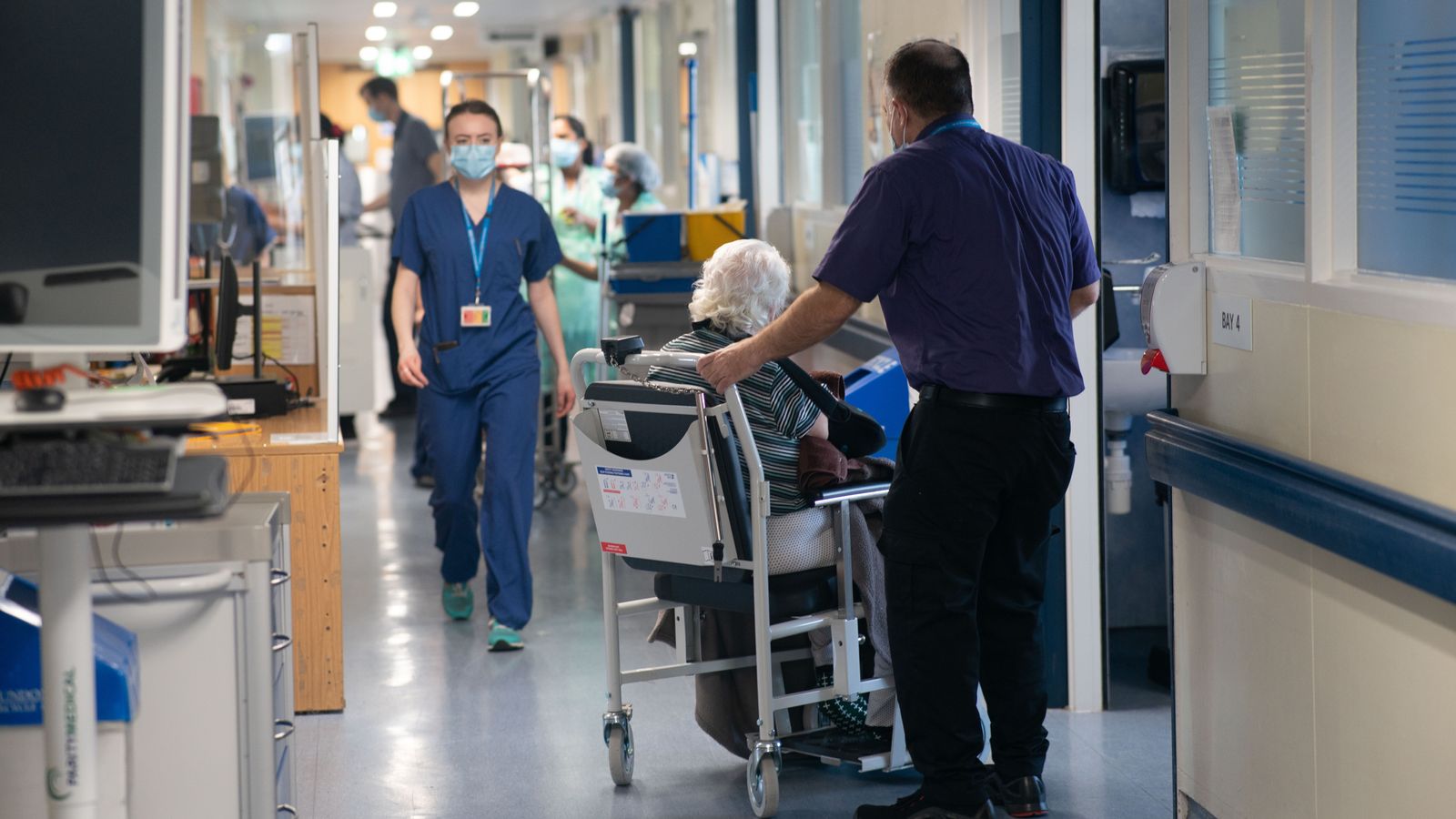One in three UK medical students intend to leave the country to practise medicine – with many not planning to come back, a survey suggests.
A survey of more than 10,400 people from the UK’s 44 medical schools found 32% intended to leave for countries including Australia, New Zealand, the US and Canada.
Reasons given for leaving included better pay offers abroad, work-life balance and improved conditions.
Of those surveyed, 60% said they were either not satisfied or not at all satisfied with the prospect of working in the NHS.
This comes as junior doctors and consultants in England said they will take joint strike action for the first time over an ongoing pay dispute in four days across September and October, according to the British Medical Association (BMA).
Consultants are set to strike on 19 and 20 September with Christmas Day levels of cover, while junior doctors will also walk out on 20 September with similar levels of cover, followed by further strikes on 21 and 22 September.
The BMA are demanding a 35% increase for junior doctors, arguing they have lost more than a quarter of their pay over 15 years as a result of salaries not keeping up with inflation.
Please use Chrome browser for a more accessible video player
A quarter of all the UK’s medical student population were included in the survey, which has been published in the journal BMJ Open.
The study looked at the intentions of medical students after university graduation or on completing the two-year NHS foundation training programme.
A total of 32% intended to emigrate to practise medicine, either immediately after graduation (6% of those intending to leave); after completion of foundation year one (32%); or after foundation year two (61%).
Once doctors have finish foundation training, they can apply for speciality training where they decide which particular area of medicine they want to become an expert in, such as general practice, cardiology or paediatrics.
Asked about the likelihood of them returning to UK medicine, half said they planned to return after a few years, while 8% intended to return after completion of their medical training abroad.
The remaining 43% of those planning on emigrating said they had no intention of returning to the UK.
Read more:
Snail’s pace on NHS promises a risk for PM – analysis
COVID and flu vaccines rolled out to avoid potential ‘twindemic’
‘Significant concern’
The authors of the survey said the findings represent a “significant concern” of the continued loss of skilled professionals from the NHS.
They called the problem “complex” and said finding a solution will require a “multifaceted approach”.
Writing in the journal, the authors, including from the University of Cambridge and Imperial College London, said: “Steps could include improving work-life balance, increasing salaries, addressing the growing competition for speciality training posts and promoting greater flexibility in career pathways.”
When unveiling the NHS long term workforce plan in June, Prime Minister Rishi Sunak said figures suggested around 95% of medics still work for the NHS after foundation training.
Quizzed about whether people should be tied to an NHS contract, he said he did not think it was the right approach to take.
“The scale of what is happening is not at the scale of what people commonly assume,” he said.
The Department of Health and the BMA have been contacted for comment.








